Deep Learning with TensorFlow. Explore neural networks and build intelligent systems with Python - Second Edition Giancarlo Zaccone, Md. Rezaul Karim
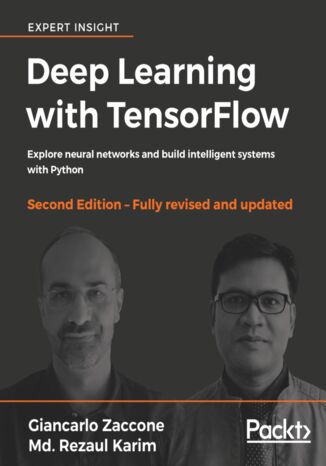

- Autorzy:
- Giancarlo Zaccone, Md. Rezaul Karim
- Wydawnictwo:
- Packt Publishing
- Ocena:
- Stron:
- 484
- Dostępne formaty:
-
PDFePubMobi
Opis
książki
:
Deep Learning with TensorFlow. Explore neural networks and build intelligent systems with Python - Second Edition
This book is conceived for developers, data analysts, machine learning practitioners and deep learning enthusiasts who want to build powerful, robust, and accurate predictive models with the power of TensorFlow, combined with other open source Python libraries.
Throughout the book, you’ll learn how to develop deep learning applications for machine learning systems using Feedforward Neural Networks, Convolutional Neural Networks, Recurrent Neural Networks, Autoencoders, and Factorization Machines. Discover how to attain deep learning programming on GPU in a distributed way.
You'll come away with an in-depth knowledge of machine learning techniques and the skills to apply them to real-world projects.
Wybrane bestsellery
Giancarlo Zaccone, Md. Rezaul Karim - pozostałe książki
Packt Publishing - inne książki
Dzięki opcji "Druk na żądanie" do sprzedaży wracają tytuły Grupy Helion, które cieszyły sie dużym zainteresowaniem, a których nakład został wyprzedany.
Dla naszych Czytelników wydrukowaliśmy dodatkową pulę egzemplarzy w technice druku cyfrowego.
Co powinieneś wiedzieć o usłudze "Druk na żądanie":
- usługa obejmuje tylko widoczną poniżej listę tytułów, którą na bieżąco aktualizujemy;
- cena książki może być wyższa od początkowej ceny detalicznej, co jest spowodowane kosztami druku cyfrowego (wyższymi niż koszty tradycyjnego druku offsetowego). Obowiązująca cena jest zawsze podawana na stronie WWW książki;
- zawartość książki wraz z dodatkami (płyta CD, DVD) odpowiada jej pierwotnemu wydaniu i jest w pełni komplementarna;
- usługa nie obejmuje książek w kolorze.
Masz pytanie o konkretny tytuł? Napisz do nas: sklep@ebookpoint.pl
Książka drukowana



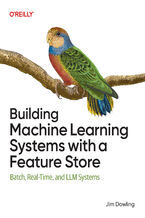

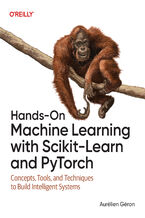
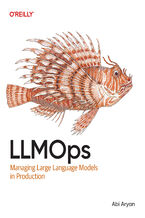




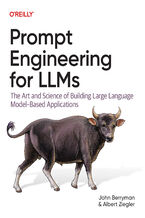

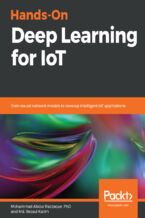
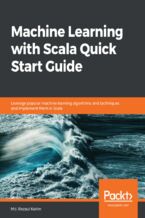
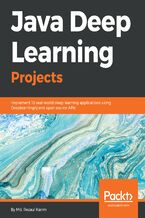
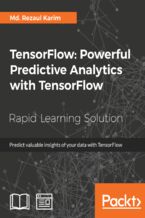
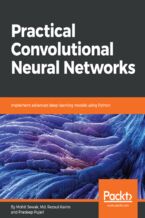
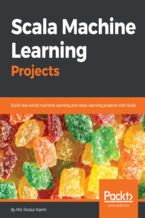
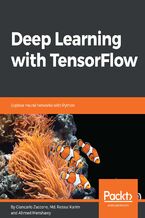
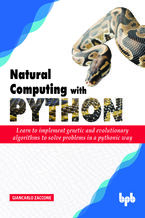
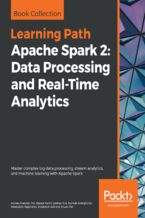
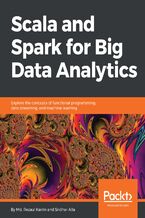






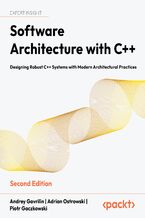
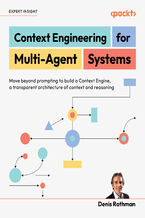

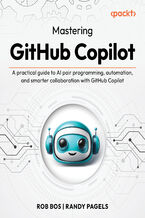
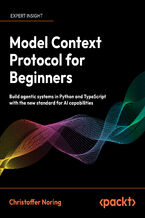
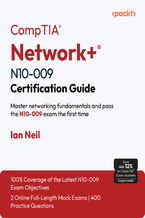
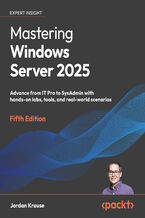
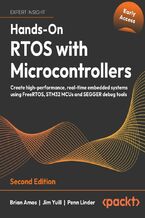

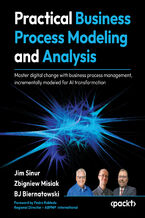
Oceny i opinie klientów: Deep Learning with TensorFlow. Explore neural networks and build intelligent systems with Python - Second Edition Giancarlo Zaccone, Md. Rezaul Karim
(0)